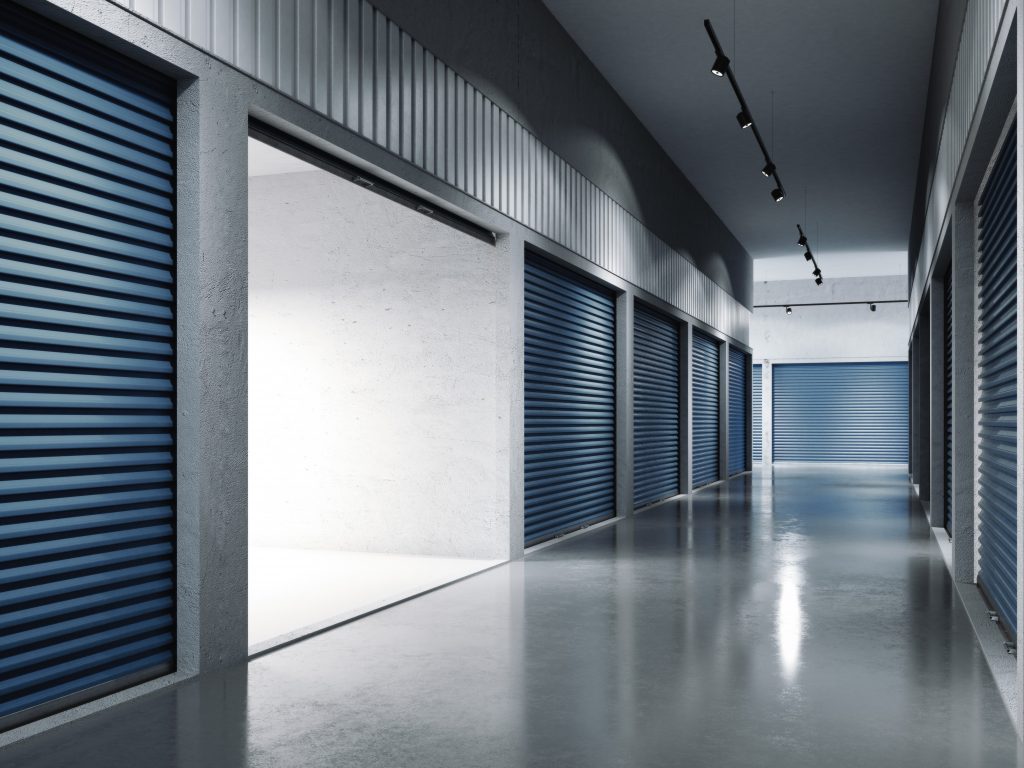Find self-storage near you
Do you need a Removals service?
Tips for Keeping Items Safe in Your Bristol Self Storage Unit

Securing a self storage unit can be an excellent solution when you need additional space for your belongings, whether you’re preparing for a big move, downsizing, or simply need extra storage for your business or personal items. However, to ensure that your items remain safe and in good condition, it’s crucial to take certain steps and precautions. Here, we provide a comprehensive guide filled with tips to help keep your items safe in your Bristol self storage unit.
Preparing Your Items for Storage
The first step in ensuring the safety of your items in storage begins even before you move anything into your storage unit. Preparing your items for storage is crucial to their longevity and protection from damage. Begin by thoroughly cleaning all items to prevent mould, mildew, or pest infestation. Furniture should be disassembled where possible to save space and protect delicate parts. Wrap delicate items and electronics in bubble wrap or packing paper to prevent damage during transit and storage. If you’re storing clothing or fabrics, consider vacuum sealing them to save space and keep them free from moisture and pests.
Choosing the Right Storage Unit
Choosing the right storage unit for your needs is another essential factor in keeping your items safe. Look for storage facilities in Bristol that offer a variety of unit sizes so you can choose one that suits your requirements without overpaying for space you don’t need. Ensure the facility is clean, dry, and well-maintained, with security measures in place such as CCTV surveillance, alarms, secure fencing, and staff presence. Check whether they offer climate-controlled units, which can be essential for storing certain types of items.
Packing Tips
Proper packing plays a pivotal role in maintaining the safety of your items during their stay in a self-storage unit. Incorrect packing methods can lead to damage or loss of goods, hence here are some expanded tips to ensure your belongings are packed appropriately.
Choosing the Right Packing Materials
Start by choosing the right packing materials. Opt for sturdy, high-quality boxes that can withstand the weight of your items and resist crushing when stacked. Additionally, utilize other packing materials like bubble wrap, packing paper, and packing peanuts. These not only offer extra protection for your belongings but can also fill in any empty spaces in your boxes, preventing items from moving or shifting during transit.
The Right Box for the Right Item
It might seem counterintuitive, but heavier items such as books or tools should go in smaller boxes. This is to avoid making the box too heavy to move safely. On the other hand, lighter items, such as bedding or clothing, can be packed in larger boxes. This approach not only keeps the boxes manageable but also prevents them from becoming too heavy and potentially breaking under their weight.
Filling Empty Spaces
When packing your items, it’s important to fill any empty spaces in the boxes. This can be done using packing paper, bubble wrap, or even old newspapers. Filling in these spaces helps to maintain the structural integrity of the box and prevents your items from shifting around while in transit, reducing the chance of damage.
Correctly Sealing Your Boxes
Once your boxes are packed, it’s crucial to seal them correctly to keep out dust, pests, and potential water damage. Use strong packing tape to secure the top and bottom of your boxes, applying multiple layers if necessary. For added security, you might also want to consider wrapping the boxes in plastic wrap, especially if you’re storing them for a long period or in a non-climate-controlled unit.
Fragile and Specialty Items
Fragile and specialty items may require additional attention. Wrap fragile items individually in bubble wrap or foam, and consider using specialty boxes, such as wardrobe boxes for clothing or picture boxes for mirrors and artwork. For electronics, it’s best to use their original packaging if available, as it is designed to protect the item perfectly.
Loading the Storage Unit
Finally, when it comes to loading your storage unit, think strategically. Heavier boxes should be placed at the bottom of your stacks to create a solid base, with lighter boxes placed on top. This way, you can prevent the boxes from toppling over and causing damage.
By following these packing tips, you can help ensure that your belongings stay safe and secure while they’re in your Bristol self-storage unit. Remember, careful packing now can save you from damage and stress later on.
Properly Labeling Your Boxes
Properly labeling your boxes is crucial for staying organized and ensuring the safety of your items. Clearly label each box with its contents and the room it belongs to. This will make unpacking easier and prevent fragile items from being placed under heavy ones. You might also consider creating an inventory of your stored items for easy reference.
Climate Control Considerations
If you’re storing items that are sensitive to temperature or humidity changes, such as electronics, artwork, or certain types of furniture, a climate-controlled unit may be necessary. These units maintain a consistent temperature and humidity level, protecting your belongings from damage caused by extreme temperature fluctuations and dampness.
Security Tips
To enhance the security of your storage unit, consider using a high-quality, weather-resistant padlock. Many storage facilities in Bristol also offer individual unit alarms, coded gate access, and robust video surveillance, which can provide extra peace of mind. Always make sure to keep your access code or keys safe and secure.
Insurance Options
Even with all these precautions, it’s still essential to consider insurance options for your stored items. Many self storage facilities offer their own insurance, or you can arrange coverage through your home or renter’s insurance policy. Insurance can provide valuable protection against unforeseen events such as theft, fire, or water damage.
Long-Term Storage Tips
If you plan to store your items for a long time, consider placing pallets or tarps on the floor of the unit to protect against floods or spills. Make sure items aren’t packed too tightly together to allow for airflow and prevent the buildup of moisture. Regularly check on your unit to ensure that no issues have arisen and that your belongings remain in good condition.
Cleaning and Maintenance Tips
Keep your storage unit clean and tidy to prevent the buildup of dust and pests. Sweep and dust the unit regularly, and check for signs of moisture or pest activity. If you’re storing appliances, ensure they’re clean and dry, and leave doors slightly ajar to prevent mould and unpleasant odours.
Tips for Accessing Your Storage Unit
Finally, organise your unit in a way that makes it easy to access your items. Leave an aisle down the middle for easy access, and store items you’ll need more frequently towards the front of the unit. Always handle items carefully when moving them in and out of the unit to prevent damage.
In conclusion, keeping your items safe in your Bristol self storage unit involves careful preparation, the right choice of unit, proper packing and labelling, consideration of climate control, good security practices, insurance, regular cleaning and maintenance, and thoughtful organisation. By following these tips, you can help ensure that your belongings remain safe and in good condition for as long as you need to store them.
Meanwhile, if you are looking for self storage facilities elsewhere in the UK, WhatStorage can also help you find and compare prices in London, Manchester, Liverpool, and Birmingham.

